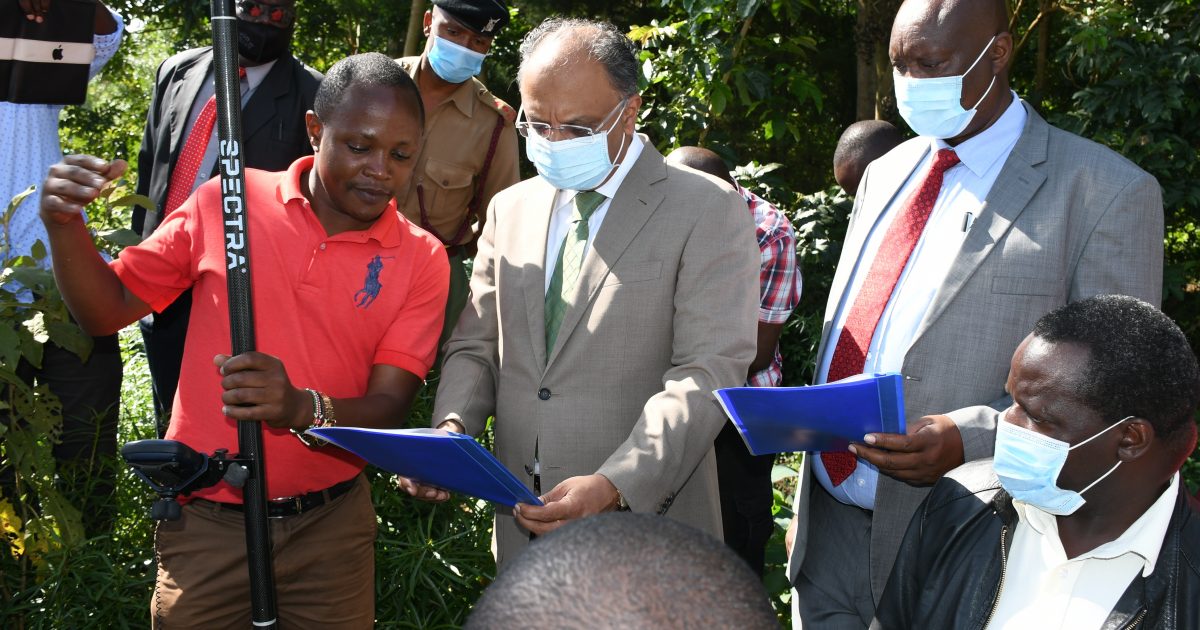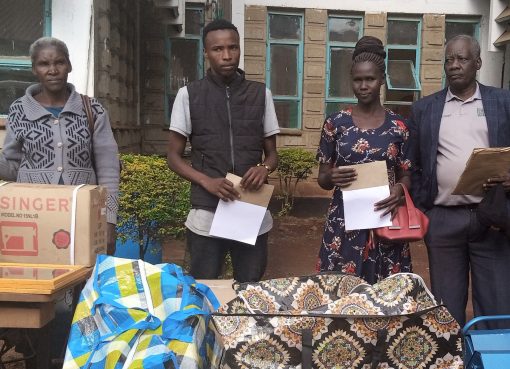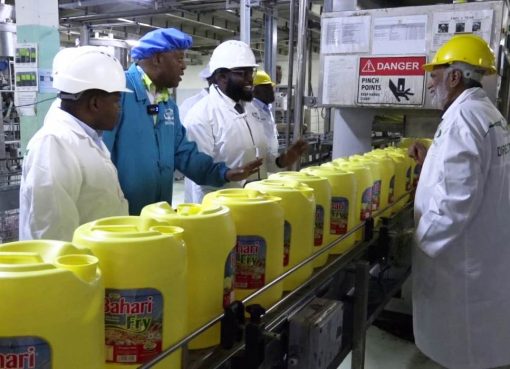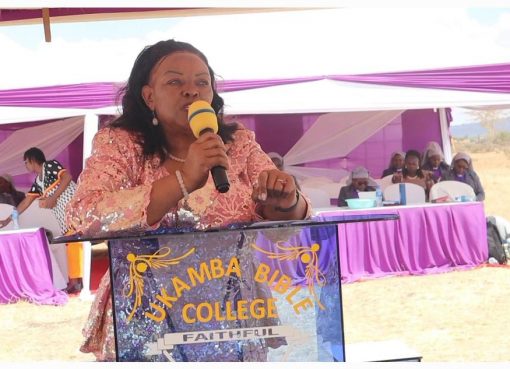The Kenyan government in partnership with Trade Mark East Africa (TMEA) has committed Sh1.4 billion for construction of a Jumuiya market in Busia County to boost cross-border trade.
East African Community (EAC) Principal Secretary Kevit Desai who was flanked by Busia Governor Sospeter Ojaamong and Matayos legislator Geoffrey Odanga on Wednesday erected a beacon on the 40 acre piece of land donated by the County Government for the market at Marachi estate.
Addressing the press, Desai said the cross-border market is part of the government’s vision of empowering communities straddled along the Kenya-Uganda border to trade safely, legally and profitably across the EAC partner states.
He added, “It is also aimed at enhancing livelihoods, structure trade, formalize informal trade and enhance revenue collection by improving the cross border trading environment.
“The project also targets to transform the lives of Busia County residents and neighbouring counties by providing a suitable environment to participate in cross border trade under the EAC Common Market Protocol.”
Desai urged the business community to capitalize on the government initiative and join hands under the public private partnership to make the project a success in all the three phases.
“We strongly believe the private sector can own part of phase 2 and 3 by investing in facilities that will enhance access of their products in the EAC and the rest of Africa.
“The market will provide a suitable place for value addition within the manufacturing sector and the agricultural value chains targeting the EAC, The Horn of Africa and Central African countries which are keen to join the EAC trading bloc,” he explained.
Governor Ojaamong said the Jumuiya market is a welcome idea that will benefit both Kenya and other EAC partner states.
“The idea of the Cross-Border Market was mooted in 2015 when we hosted the then British High Commissioner to Kenya, Christian Turner. My administration is ready to offer any necessary support to ensure the market is completed within the set time frame. Hence let us all support the initiative which will create jobs for our youths and expand market for our agricultural products,” Ojaamong said.
Odanga thanked the national and county governments for the initiative saying it will address the many challenges that have bedeviled the informal sector traders in Busia.
Traders who spoke during a consultative meeting said the market is a timely idea and it should be fast tracked. The Busia border point is strategically located along the Northern
Corridor making it an important gateway into the East and Central African region.
According to Desai the EAC region accounts for 25 percent of Kenya’s export earnings making it an important market. Available data indicates that trade between EAC partner states
increased by 60.75 percent from $3.72 billion when the Common Market Protocol was launched in 2010 to $5.98 billion in 2018.
Due to increased business with Uganda, Tanzania and Rwanda, Kenya’s trade registered an increment of 4.7 percent from $1.86 billion in 2017 to $1.95billion in 2018, with Uganda remaining Kenya’s biggest trading partner accounting for 28.6 percent of her total exports to
Africa.
In the first three months of 2020, Kenya’s exports to EAC partner states grew by 30 percent to Sh42.9 billion from Sh.32.92 billion in the same period in 2019.
By Melechezedeck Ejakait/Maureen Kwena





